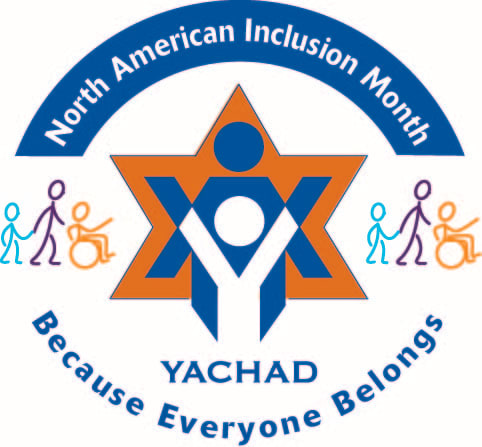I was very embarrassed by her sharp rebuke. But looking back, I realize that the lesson I learned from her brief criticism was more valuable than most of my other training experiences.
It happened about forty years ago. I had the good fortune to attend an intensive workshop which was designed to teach young mental health professionals the basic skills of the method known as psychodrama. The workshop leader was a world famous psychodramatist, expert in both the complexities of the human psyche and the art of improvisational theater.
Psychodrama is a technique whereby a person’s inner emotional conflicts are acted out in dramatic fashion under the direction of a skilled clinician. It is similar, but much more powerful, than what is known as role-playing.
Early on the second day of the workshop, I volunteered to play the therapist for another member of the group, let’s call him Charles, who played the patient. Charles told of the challenges he was facing with certain key persons in his life. I suggested that he act out one of these conflicts in a particular fashion. I, of course, was convinced that my suggested strategy was brilliant and insightful, until, only about two or three minutes into the exercise, the workshop leader thundered: “That’s your psychodrama! That’s not Charles’ psychodrama!”
At that precise moment, I learned to appreciate that what was going on inside of me was based upon who I was, and was very different from what was going on within Charles’ mind. Those words of rebuke taught me a lesson to remember forever: I am different from you, and you are different from me. We are all very different from each other, exquisitely and irrevocably different.
This lesson was well understood by our forefather Jacob, who blesses all of his sons and two of his grandsons. He bestows these blessings upon them separately, fully aware that no one blessing fits them all.
The Torah sums up the entire deathbed drama with these words: “…their father spoke unto them and blessed them; every one according to his blessing, he blessed them.” (Genesis 49:28). No two blessings were alike.
I have often thought that the greatest blessing that they each received was the message: “You are special. You are not the same as your brother. You have different personalities, different strengths, different talents, and therefore you each have a different destiny.”
I am struck with wonder by the dazzling array of metaphors which Jacob uses: “unstable as water… weapons of violence…a lion’s whelp… a colt bound to a tree… the blood of grapes… the shore of the sea… a large boned donkey… a hind let loose…a bowed shoulder… a judge… a serpent on the road… a troop upon their heel… fat bread.” Diversity, uniqueness, complexity, individuality. That’s the message.
Every parent and every teacher must learn this basic lesson. Teachers and parents must treat each child individually, and must assure that each child comes to know his or her specialness.
Our sages throughout history have imparted this lesson to us. For example, Maimonides, in his fascinating review of the early life of Abraham, writes: “…and he reasoned with each and every person according to that person’s intelligence, until he convinced him of the truth.” (Mishneh Torah, Hilchot Avodah Zara, 1:3). Again, when instructing us of our duties at the Passover Seder, he tells us that it is a mitzvah to relate the story of the Exodus to each child according to his or her intellectual ability. A very young child must be told stories, one with limited mental capacity must be given concrete examples, older and wiser children can be taught in a more abstract fashion. “Everything must be done according to the particular intelligence of the child.” (Mishneh Torah, Hilchot Chametz U’Matza, 7:2)
Among my favorite essays on the subject of education was the one written by the late Rabbi Elimelech Bar Shaul, once the Rabbi of Rehovot. He wrote, “If we give more to one who is only capable of receiving less, then we have given him nothing. And if we give less to one who can receive more, we have failed our mission, and worse – the student may come to think that there is no more, or that there is no more for him.”
Giving too much to one with a lesser capacity can frustrate him irremediably. Giving too little to one with a greater capacity shortchanges him and cheats him, and worse – may alienate him forever.
Jewish mystics see human differences as but part of the Almighty’s cosmic design. Thus, Rabbi Yaakov Moshe Charlap, a mystic in the tradition of his master, Rav Kook, writes: “There is no duplication in the universe. Just as no two people are perfectly alike, so there are no two things, in all of universe, that are alike. Each person, like the grains of sand on the seashore, has a special quality and a special novelty.
Mystic or realist, appreciating our differences is our vital task as Jews, as human beings, and as residents of the Almighty’s cosmos.
February in North American Inclusion Month. To find out more, please visit NAIM
The words of this author reflect his/her own opinions and do not necessarily represent the official position of the Orthodox Union.

